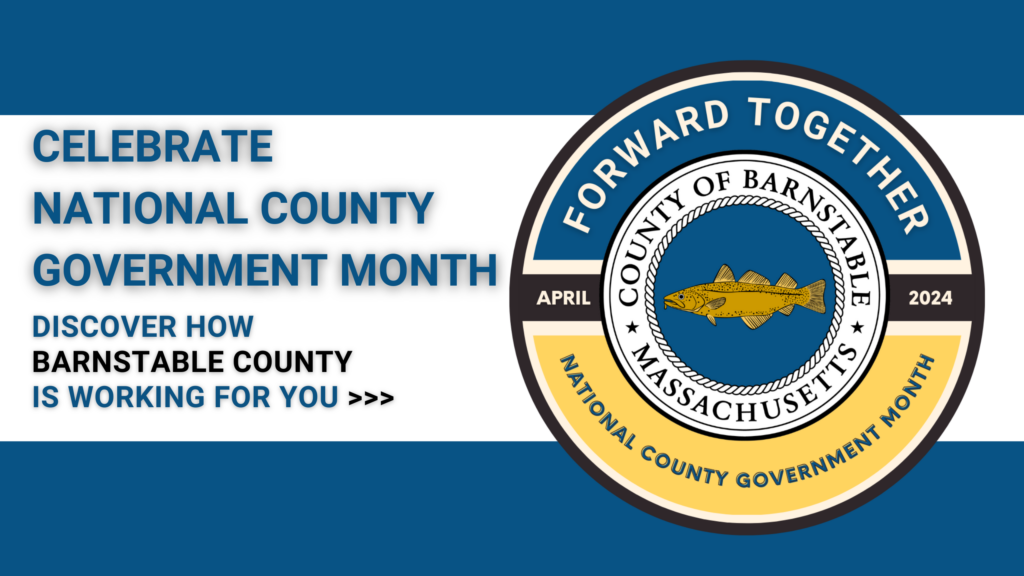
Stormwater Best Management Practices
By Katie Evans | Year 20 Upper Cape AmeriCorps Member
One of the greatest sources of water quality impairment on Cape Cod is stormwater runoff. Many of the problems associated with this runoff can be mediated with the use of stormwater BMPs, or best management practices. These include structural, vegetative, and managerial practices that contribute to the treatment, prevention, or reduction of pollution by stormwater, while also controlling flooding and erosion. When the stormwater managers representing each town on Cape Cod began navigating the Massachusetts Small Municipal Separate Storm Sewer System (MS4) General Permit as it went into effect this past year, a common need was identified during meetings at the Cape Cod Commission. The managers wanted to know more about existing stormwater BMPs on the cape, in order to best identify how and where to install new ones in their towns, and which kind to use. To meet this need, I began building the stormwater BMPedia. The BMPedia is an ArcGIS story map that compiles information about nine different kinds of BMPs, such as catch basins, rain gardens, stormwater wetlands, and permeable pavement, using examples from sites all across the cape. Some of the information included in the story map about each site includes its location, size, year built, links to site plans and more information, and current images of each BMP. This resource provides a easy way for individuals to navigate stormwater infrastructure throughout Cape Cod, either on a general scale, or by filtering to see a specific kind of BMP.

Rain gardens are one of the most common kinds of BMPs seen on Cape Cod, and for good reason. A rain garden is a shallow, landscaped depression, planted with small and medium sized vegetation, that is able to capture and store runoff as it is filtered through the soil. They are fairly simple to construct, do not take up a large amount of space, and have numerous benefits ranging beyond water quality improvement to providing habitat for beneficial pollinators and adding aesthetic value to a site. There are examples of rain gardens found all over the cape, from the Sandwich Library to the MP-Renaissance Maplewood in Brewster. Rain gardens can easily be incorporated into residential yards, and are a great method for individuals to contribute to pollution reduction and water quality improvement within their own households. Much of the MS4 permit contains technical jargon or relates specifically to the actions of municipal officials, but stormwater BMPs like rain gardens are the perfect way for the public to get involved in the process. For this reason, the stormwater BMPedia was expanded beyond just the stormwater managers, and is available for the general public to access on the Cape Cod Commission’s website.




